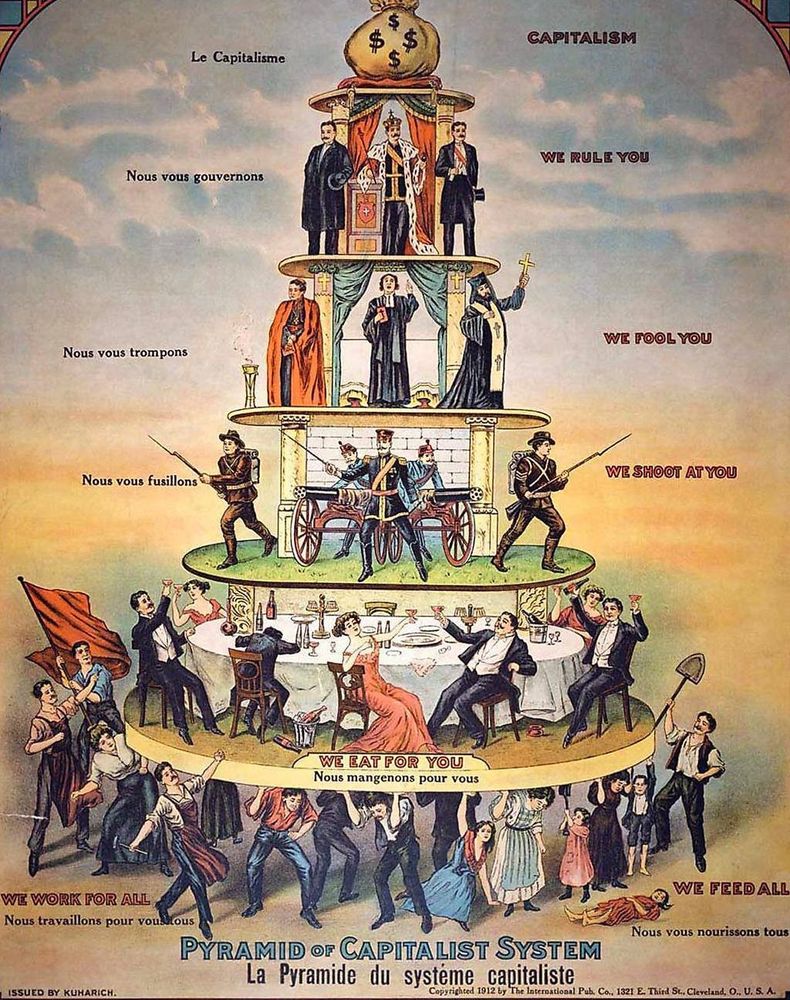So kommt es zu dem Phänomen der inneren Buchhaltung. Man sagt sich, dass man ja immer mit dem Fahrrad zur Arbeit fährt, sodass man sich ein, zwei Flüge im Jahr gönnen kann. Das passt natürlich nicht. Mitunter wissen wir auch nicht, wie wir das kognitiv aufeinander beziehen sollen.
internal bookkeeping [my translationg of "innere Buchhaltung"]
We try to figure out, were we help to step climate change, and we think, if we do enough of this, we are entitled for a "sin" here and there.
